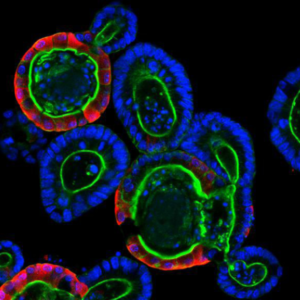Organoid Models: Basics to Applications - Latin America & the Caribbean
17–22 November 2024
Institut Pasteur de Montevideo, Uruguay
Learn how to derive and culture organoids, bioprinting, drug screening, and disease modeling.
Summary
Organoid technology is gaining global attention for its ability to improve drug translatability in preclinical therapies and mimic organ complexity. It offers numerous approaches for disease modelling, tissue engineering, drug development, diagnosis, and regenerative medicine. Investing in training programs, infrastructure, and resources will enable the region to leverage its scientific potential and contribute valuable insights to global organoid research,
Towards strengthening capacity in Latin America, we are pleased to announce this new course held in collaboration with Institute Pasteur de Montevideo. This in-person hands-on laboratory course will provide a series of organoid-based laboratory practicals coupled with demonstrations of the latest technology. The programme will also include seminars and workshops geared to answer specific questions around Organoid generation and utilisation, as well as providing a platform for participants to present their work and engage in networking opportunities.
Target Audience:
PhD students, postdoctoral researchers, early- and mid-career scientists and staff from core facilities in Latin American countries and the Caribbean region who are engaged or planning to work with organoids or organoid technology in the near future.
Programme
Course Content
The course will cover the following topics:
- Organoids as 3D models
- Organoids 101 – the basics
- Derivation of murine intestinal organoids from crypts
- Passaging and intestinal organoid culture
- Cancer organoids and suspension culture
- Thawing and cryopreservation
- Disease modelling
- 2D and 3D culture systems and specialised techniques
- Imaging
- Viability
- Bioprinting
- Single cell and organoid technology
Learning Outcomes
- Derive organoid models from different species and tissues
- Expand, maintain, and perform a variety of downstream applications with the models, including staining and drug screening
- Identifying early signs of model generation success and understanding of model generation failure
Instructors and speakers
Scientific Organising Commitee
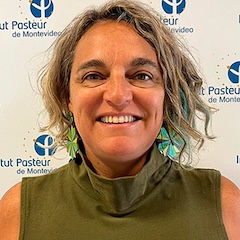
Mariela Bollati
Institut Pasteur de Montevideo, Uruguay
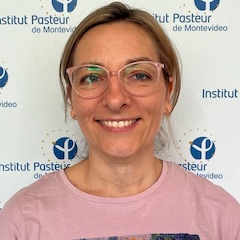
Romina Pagotto
Institut Pasteur de Montevideo, Uruguay
Training Team
| Hellen | Daghero | Pasteur Institute | Uruguay |
| Saira | Cancela | Pasteur Institute | Uruguay |
| Giulia | Nigro | Pasteur Institut | France |
| Moshe | Biton | Weizmman Institute of Science | Israel |
| Thayna M | Avelino | Lnbio, CNPEM | Brazil |
| Marimelia | Porcionatto | Unifesp | Brazil |
| Ana Carolina | Figueira | Lnbio, CNPEM | Brazil |
| Maryna | Panamarova | Wellcome Sanger Institute | UK |
Organisers
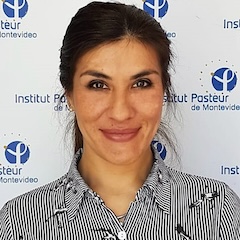
Natalia López
Institut Pasteur de Montevideo, Uruguay
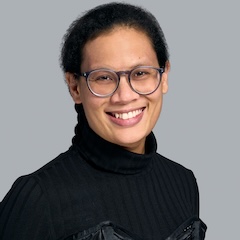
Cassandra Soo
Wellcome Connecting Science
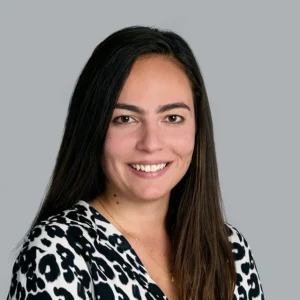
Isabela Malta
Wellcome Connecting Science
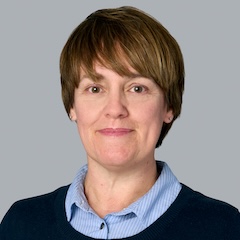
Nicola Stevens
Wellcome Connecting Science
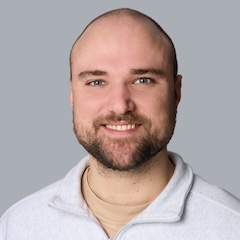
Aaron Dean
Wellcome Connecting Science
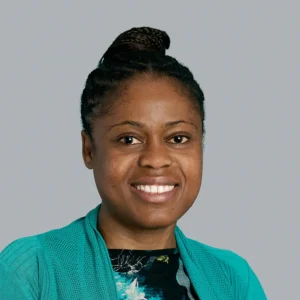
Alice Matimba
Wellcome Connecting Science
How to apply
Prerequisites:
This course is open for applicants based in Latin America or the Caribbean. Out of region applications will not be considered.
Participants must have basic cell culture knowledge and expertise and either be working with or planning to work with organoids soon.
- Start your application
- Click on the “Apply” button above to start your application. Please note that places are limited (20 students) and will be awarded based on merit.
- Demonstrate the course’s relevance to your project
- Our courses are in high demand. Please provide an outline of your work (research project(s) and/ or clinical/ healthcare activities). It is essential to clearly explain how the skills you will acquire from the course are directly relevant to your current role and beneficial to your work, research, or organisation. Preference will be given to applicants who can immediately apply skills gained from their course.
- Letter of recommendation
- Applications must be supported by a letter of recommendation from a sponsor or professional referee such as supervisor, line manager, or head of department. The statement should be tailored to indicate their support of your application and how the course could be of benefit. This statement must be uploaded as a PDF document to the online registration system by the application deadline. Applications without a supporting statement will not be considered.
- Need Help?
- If you have any questions or encounter any problems with the online application process, please contact us for assistance.
Cost
Cost
The course is subsidised by Wellcome Connecting Science and is free to attend.
Bursaries
Bursaries are offered based on merit to assist with travel, accommodation and subsistence. To apply, please complete the “bursary” section on the course application form. Recipients will typically be informed of their award in conjunction with their course acceptance. Please keep in mind that both the applicant and sponsor must provide a justification for the bursary as part of the application process.
Accommodation for bursary recipients will be booked as twin accommodation, meaning you will be sharing with another bursary recipient. Roommates will be allocated based on gender. If you have any concerns, please contact the event organiser. However, we cannot guarantee that we will be able to meet each individual request.
Accommodation services phishing scam – please be vigilant. More information.
